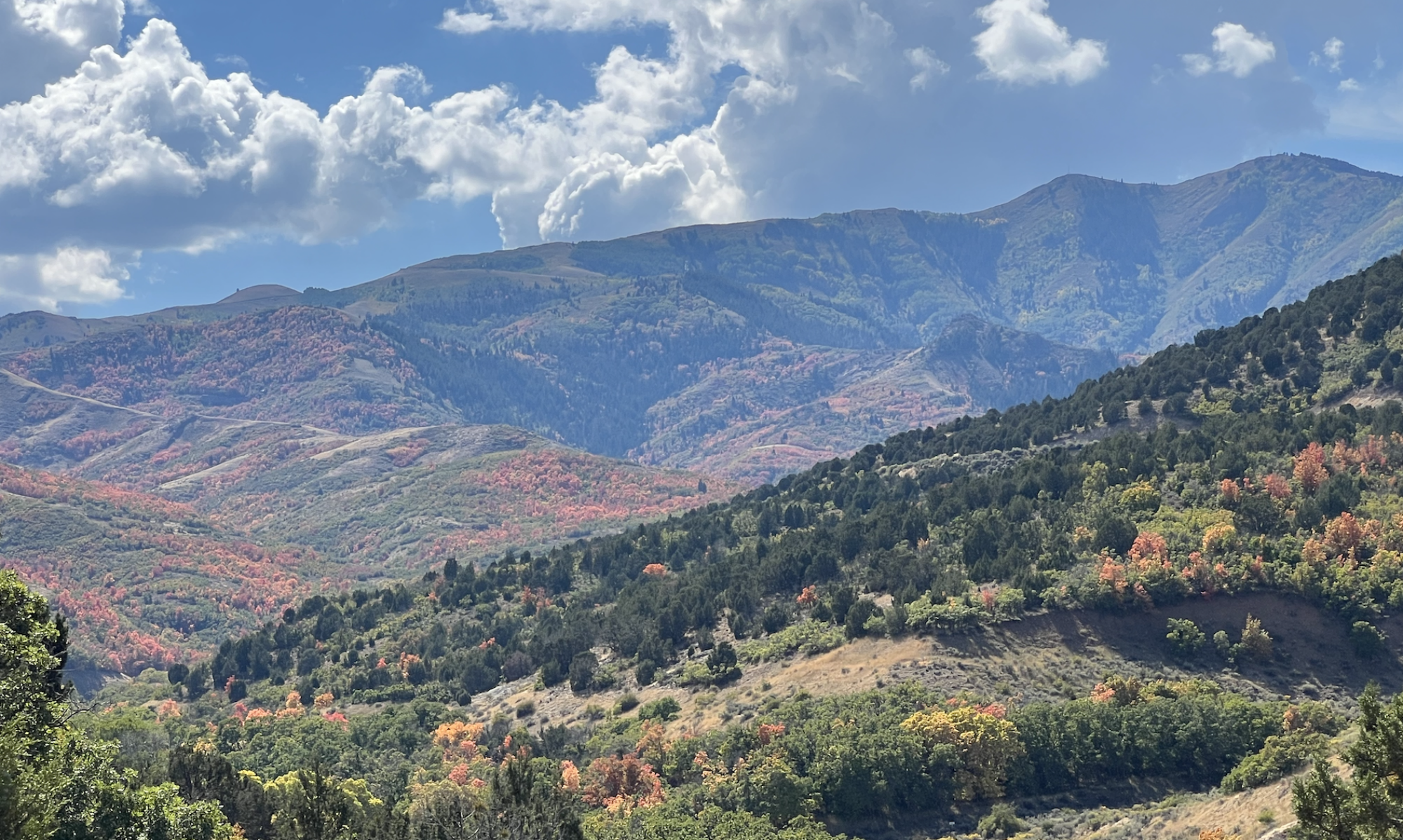This post is mostly my journal writing. It is personal experience that connect to helpful principles for human beings in work and community.
When I am not traveling I volunteer in my son’s school class once a week. Yes, this post has a bit of a feeling of learning the important principles at a young age. But particularly, for me, these come from noticing as a father of a child who is now in 1st grade.
A spectacular morning with Elijah. Very loving. Very playful. Very purposeful. Skillfully guided in principle. The kinds of stuff I love.
His mom dropped him off at 8:15 a.m. Tired. A bit cold. A bit grumpy. That’s OK. I know how to work with this, particularly when we are one on one and I haven’t seen him for several days.
– “I’m cold,” he says. I offer the ease of fixing that by turning the heat on. “How does that,” he points to the thermostat, “make it warm?” I see the opportunity for a fun mystery lesson and invite it. I ask if he knows where the furnace is. “No.” I ask if he wants to find it and invite him to be a detective. We find the furnace. I show him the pipes and tell him that these are secret pipes that run through the floor and ceiling. I show him the vent in his room and explain that this is how the thermostat talks to the furnace so that the heat can come through the secret pipes. I LOVE the learning. The content is interesting, but mostly I LOVE the process of getting curious together. Supporting him in his curiosity. He wasn’t satisfied to see just the vent in his room. We walked around each room upstairs and downstairs. And then I added playfully this principle — that I want to be warm, but don’t need to heat the whole house to do that.
– Elijah lays on the couch under the blanket to get warm. I tease and play with him staying close to him. I ask if he can think of lots of ways to keep himself warm. We start naming. “Have a fire. Go under a blanket. Have some hot chocolate. Have a hot bath. Exercise. Ride bikes.” It isn’t the specific naming that I care about so much. It is the curiosity and the imagining out loud together.
– We have oatmeal. Instant for today. I invite him to choose between original and apples and cinnamon. He chooses the latter. I join him with that. Principled again — invite choice and join in sometimes just to join in.
– I take him to school. We park at the end of the parking lot. “This is where we always park, isn’t it.” He is right. I reply with yes and that this is our spot. “What if someone else parked in it?” Elijah asks. I explain that it isn’t our spot but it is one that we often choose to park in. It is available for anyone though. I love again the naming of principle. We don’t have to. We choose too.
– At school, he wants to be the first to work with me. My job has been the same since the start of the school year. I work one on one with the kids, usually 3-8 in a 45 minute period. We do frequently used words and skip-counting. Each time I come I find a way to customize and play with a rather mundane task. The kids are starting to gather around wanting to be next because they know it or see it as being fun. Again, I offer choice — words or number first. And I do three things really quickly with them. I invite relationship — comment on their shirt or ask what they did yesterday. I offer surprise in the order of the words, departures from what they expect. I challenge them to do something they think they can’t do but is really extension of pattern that they know. The can skip count by tens to 100 by remembering the song. I ask if they can do it from 100 – 200. Many say no. But then I help them to see the pattern that extends their learning. Their smiles are enormous when they realize they already know how to do it.
– The kids get excited when I come to recess. Today they wanted to chase me, which we did. Then I had them form into a circle and be in a cooperative game, passing a clap. Fun to see them shift to another surprise.
– Elijah is proud of me. He seems that way. And doesn’t want me to leave.
– Oh, and Elijah and I meditated too before school. We’ve done it before. For six minutes to match his age. Sit quietly and breath. With eyes open or shut. I try to make it easy yet purposeful. And sharing that mediation is for keeping you healthy and smart — I don’t tell him about emotional body or clarity of mind. Elijah regurgitates one of my answers when I ask why — “so that you can hear the trees.” I smile and I reinforce it with the simplicity and my belief that he will learn to hear many things in his life — that there are many things to hear.
A months worth of good, maybe more, happened in that one hour and forty-five minutes together. Eight home runs in one game — quite something.
Get curious together. Imagine out loud. Invite choice. Join in (participate). Less “have to” and more “choose to.” Invite relationship. Offer surprise. Help to see pattern. Experiment with cooperative play. Keep healthy and smart through deep listening.
Yup, just a bit of important learning and practices there that are about a whole lot more than first grade classes.



